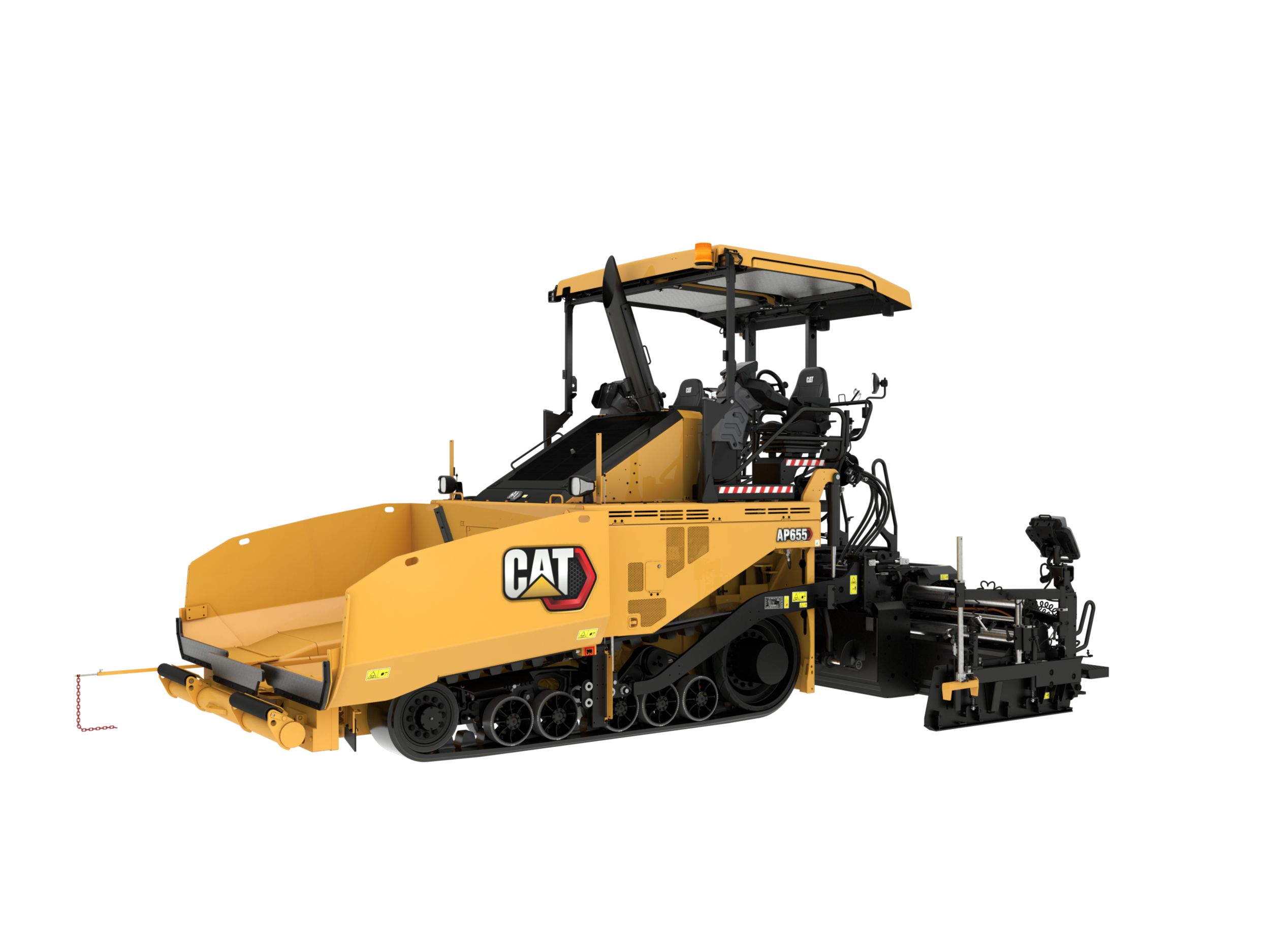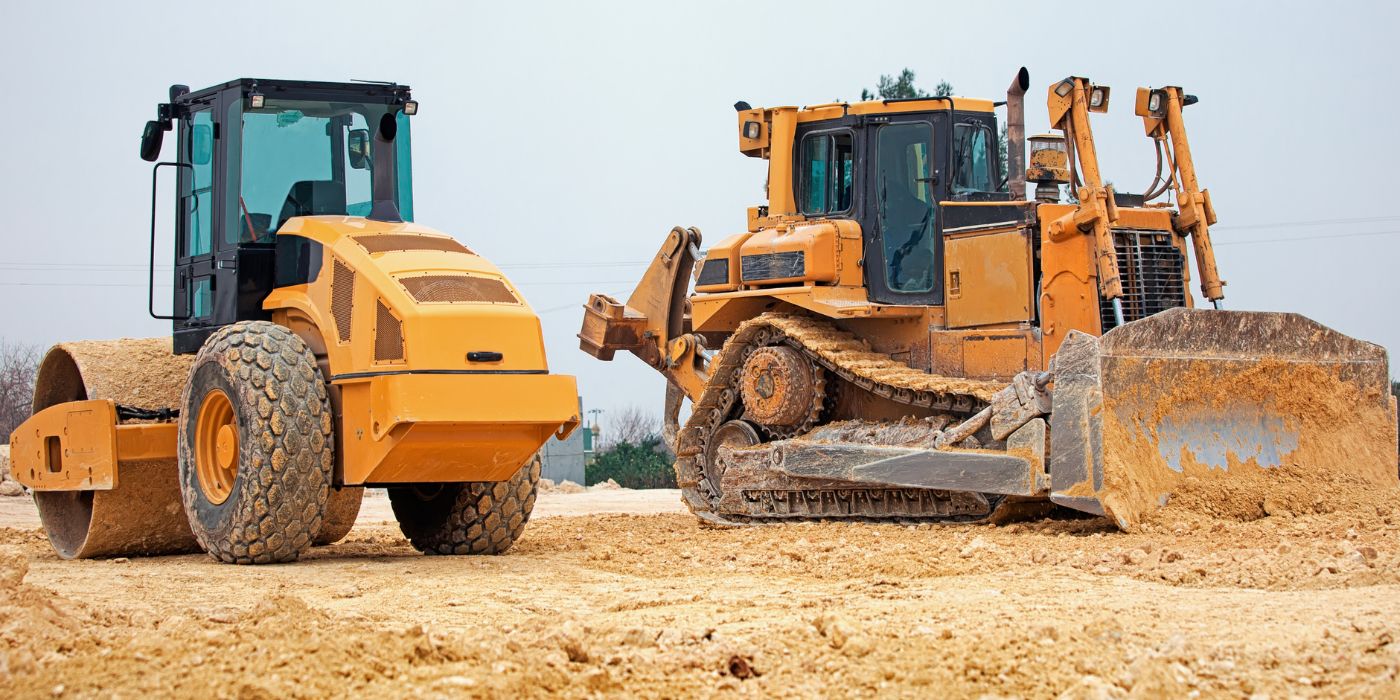Exploring the Financial Conveniences of Renting Building Devices Contrasted to Owning It Long-Term
The choice between leasing and possessing building devices is critical for monetary monitoring in the industry. Leasing offers instant expense savings and operational adaptability, enabling firms to allot resources extra effectively. In comparison, ownership features significant lasting economic dedications, consisting of upkeep and depreciation. As contractors evaluate these options, the effect on capital, job timelines, and technology access ends up being significantly considerable. Recognizing these nuances is necessary, especially when taking into consideration exactly how they line up with details job requirements and economic methods. What elements should be focused on to ensure optimal decision-making in this complex landscape?

Cost Contrast: Leasing Vs. Owning
When evaluating the monetary implications of leasing versus having building and construction equipment, a detailed price contrast is necessary for making educated decisions. The selection between renting out and owning can substantially influence a firm's profits, and comprehending the linked expenses is crucial.
Renting building tools commonly entails lower upfront costs, enabling services to designate capital to various other operational requirements. Rental contracts commonly include flexible terms, allowing business to access progressed equipment without long-lasting commitments. This versatility can be especially advantageous for short-term projects or rising and fall work. Nevertheless, rental prices can gather with time, potentially surpassing the expense of ownership if devices is needed for a prolonged period.
Alternatively, possessing building and construction tools needs a considerable initial financial investment, along with recurring expenses such as funding, devaluation, and insurance policy. While possession can result in long-lasting cost savings, it additionally connects up resources and may not supply the very same level of adaptability as leasing. In addition, having equipment requires a dedication to its utilization, which may not constantly align with project needs.
Ultimately, the choice to rent or have ought to be based upon an extensive analysis of particular job needs, financial ability, and lasting tactical objectives.

Upkeep Expenditures and Duties
The option in between having and leasing building and construction devices not only involves financial considerations however also includes ongoing upkeep expenditures and obligations. Owning tools requires a considerable commitment to its maintenance, that includes routine assessments, repairs, and possible upgrades. These obligations can swiftly accumulate, bring about unforeseen prices that can strain a budget plan.
In contrast, when renting tools, maintenance is typically the obligation of the rental firm. This setup allows service providers to prevent the financial burden connected with damage, along with the logistical obstacles of scheduling repairs. Rental arrangements often include arrangements for upkeep, meaning that professionals can concentrate on completing jobs instead of bothering with equipment problem.
In addition, the varied series of tools available for lease makes it possible for firms to select the most recent designs with advanced technology, which can enhance efficiency and productivity - scissor lift rental in Tuscaloosa, AL. By deciding for leasings, organizations can avoid the long-term responsibility of devices devaluation and the linked maintenance migraines. Eventually, examining maintenance expenses and responsibilities is crucial for making an educated choice regarding whether to own or rent out building equipment, dramatically influencing total project prices and functional effectiveness
Devaluation Influence On Possession
A significant element to consider in the choice to have building and construction tools is the influence of depreciation on overall ownership expenses. Depreciation represents the decrease in value of the tools with time, influenced by factors such as usage, wear and tear, and developments in technology. As equipment ages, its market worth lessens, which can significantly affect the proprietor's economic setting when it comes time to market or trade the equipment.
For building and construction companies, this devaluation can translate to substantial losses if the devices is not made use of to its maximum possibility or if it lapses. Owners have to account for depreciation in their monetary estimates, which can cause greater overall expenses contrasted to renting. In addition, the tax implications of devaluation can be complicated; while it might offer some tax benefits, these are commonly balanced out by the reality of decreased resale value.
Inevitably, the concern of devaluation emphasizes the significance of comprehending the long-term economic commitment associated with possessing building devices. Business must carefully review how typically they will certainly make use of the look what i found tools and the prospective financial influence of depreciation to make an educated decision concerning possession versus renting out.
Economic Versatility of Leasing
Leasing building and construction devices offers considerable monetary versatility, enabling companies to allocate sources extra effectively. This adaptability is especially important in an industry characterized by changing project needs and varying work. By choosing to lease, companies can avoid the substantial funding outlay required for buying equipment, preserving capital for other functional needs.
Furthermore, leasing devices allows business to tailor their equipment selections to details project demands without the long-lasting dedication associated with possession. This suggests that organizations can easily scale their devices inventory up or down based upon awaited and present task needs. As a result, this versatility minimizes the threat of over-investment in equipment that may come to be underutilized or out-of-date with time.
Another economic benefit of renting out is the potential for tax obligation advantages. Rental repayments are often taken into consideration overhead, allowing for prompt tax deductions, unlike depreciation on owned devices, which is spread over several years. scissor lift rental in Tuscaloosa, AL. This instant expense acknowledgment can better boost a firm's money position
Long-Term Task Factors To Consider
When examining the long-lasting requirements of a building and construction company, the decision in between owning and leasing equipment becomes more complex. For tasks with extended timelines, acquiring devices might appear advantageous due to the capacity for lower overall expenses.
In addition, technological developments position a significant consideration. The building market is developing quickly, with new devices offering boosted performance and safety attributes. Renting out enables business to access the most up to date technology without committing to the high ahead of time expenses associated with buying. This adaptability is specifically useful for organizations that deal with varied tasks needing various kinds of devices.
In addition, monetary security plays a vital duty. Owning devices usually involves substantial resources investment and depreciation worries, while renting permits for even more foreseeable budgeting and capital. Ultimately, the selection in between renting and possessing should be lined up with the calculated goals of the building company, taking used dozer tracks for sale right into account both existing and trench diggers for rent awaited task demands.
Final Thought
Finally, renting building and construction tools uses substantial financial advantages over lasting possession. The decreased ahead of time costs, elimination of upkeep duties, and avoidance of depreciation add to boosted capital and financial adaptability. scissor lift rental in Tuscaloosa, AL. In addition, rental settlements work as instant tax reductions, additionally benefiting professionals. Ultimately, the decision to rent instead than own aligns with the dynamic nature of building projects, permitting for adaptability and accessibility to the most up to date equipment without the financial problems related to possession.
As devices ages, its market worth decreases, which can substantially influence the proprietor's economic setting when it comes time to market or trade the devices.
Renting construction tools provides considerable economic versatility, permitting firms to allot sources extra successfully.Additionally, renting tools makes it possible for companies to tailor their equipment choices to details task needs without the lasting commitment linked with ownership.In final thought, renting out construction tools uses substantial financial benefits over long-term possession. Eventually, the choice to lease rather than own aligns with the dynamic nature of construction tasks, allowing for flexibility and accessibility to the newest devices without the economic burdens associated with possession.